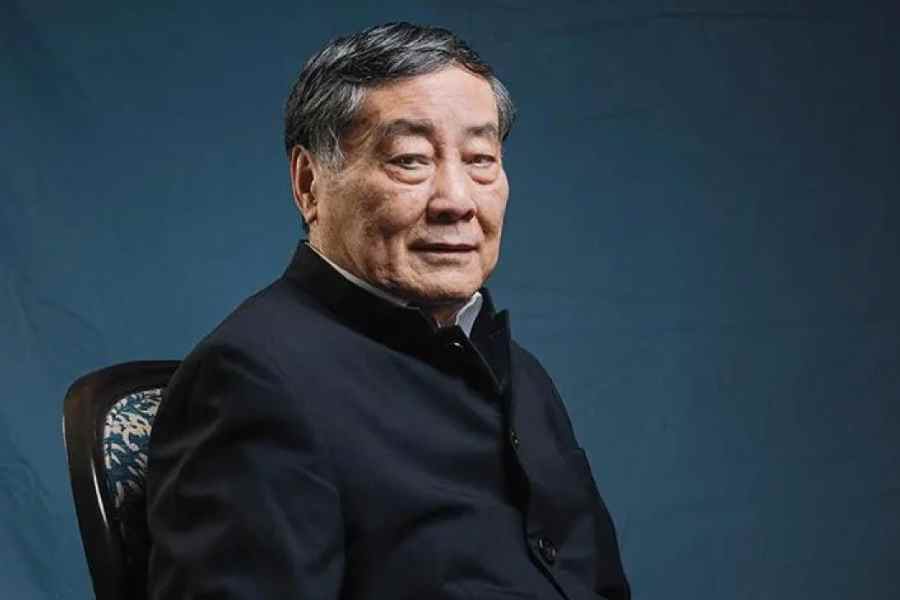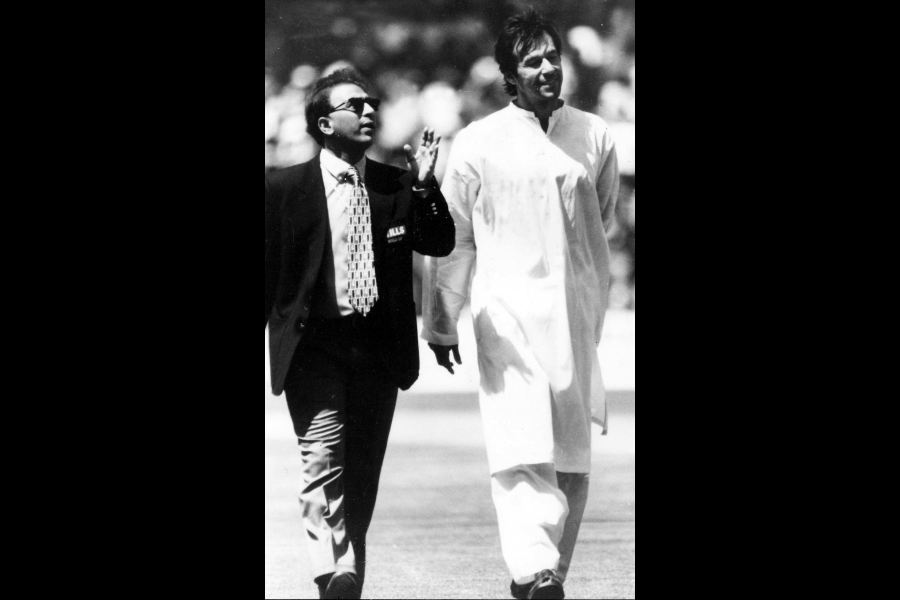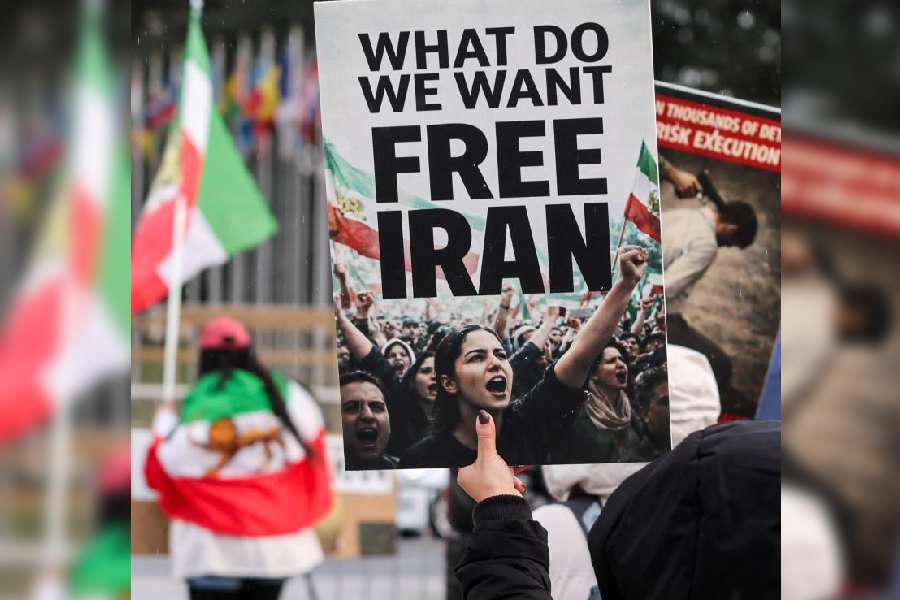In communist China, ordinary people are paying homage to a capitalist, Zong Qinghou, who was the head of the country’s largest beverage company, Wahaha. Zong passed away last week. The footpath outside his office has since been lined with wreaths and bottles of his most popular product.
For three years, from 2010 to 2013, Zong was ranked China’s richest man. Last year, he was ranked 53rd on China’s rich list. He had been head of chambers of commerce, had set up a bioengineering institute, employed more than 10,000 workers, and was among the first to run a ‘smart’ factory based on Artificial Intelligence designed in-house. His empire is now being run by his daughter, a business graduate from the United States of America. This could be the profile of any capitalist. Why then has the 79-year-old’s death touched so many ordinary Chinese?
The most obvious reason is Zong’s rags-to-riches story. But this rich man did not disown his past. His daily life became a part of folklore: the black cotton shoes he continued to wear, meals ordered from his office canteen, a nightly ritual of going through his company’s performance reports over a cup of tea and cigarettes. As he himself wrote in a 2018 essay: “For more than 30 years, I have got up at 7 and gone to bed at 12, even on weekends. I have become accustomed to it over the years and it has become a norm. I just can’t take any time off. When I do, I get bored and feel like I have nothing to do.”
Zong’s story reflected that of many those born in the Mao era. While the Revolution lifted millions out of a feudal, oppressive, poverty-stricken lifestyle, life was not easy. Zong’s family was poor and meals often consisted of rice flour paste with stale vegetables. As a teenager, like other students, Zong was sent to work in a farm nicknamed Siberia because of the hard labour it involved. After working there for a year, his next stint was at a tea farm — equally back-breaking — which lasted a full 14 years. It was not until the 1980s that he could do what he had always wanted: have his own company. He started off by selling ice creams outside a school, and even sold fans in crowded trains; he then went on to get a contract from the school canteen. He finally tasted success in 1990, at the age of 45.
That was a time when private enterprise had just been allowed, and was not fully approved of. Zong took many risks. After getting a nutritionist to design a health beverage based on traditional Chinese medicine for schoolkids, he launched an advertising blitz for it at a time when advertising was looked down upon. After he made his first pot of gold, he took over a loss-making, debt-ridden public sector unit, a move criticised as “poaching the foundation of socialism and restoring capitalism.” Zong, however, managed to win over the PSU’s 2000 workers when he told them frankly that it was going to be difficult to expand his successful beverage business the way he wanted to unless they had the confidence to help him.
There’s another reason why Zong’s death touched many — his successful battle with his one-time business partner, the French giant, Danone, that he described as a “counter attack to defend the dignity and interests of national enterprises.”
Zong’s life is seen by many as a mirror of China’s economy since the liberation. Not a fan of Mao’s communism, Zong described himself as “an ordinary person, a mortal who rose from the bottom, but fortunate enough to be born in the era of reform and opening up.”










